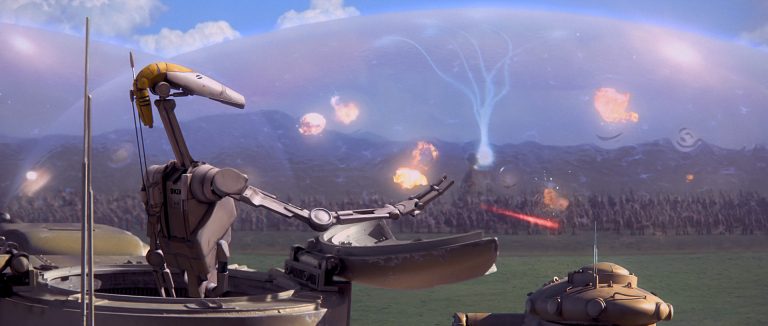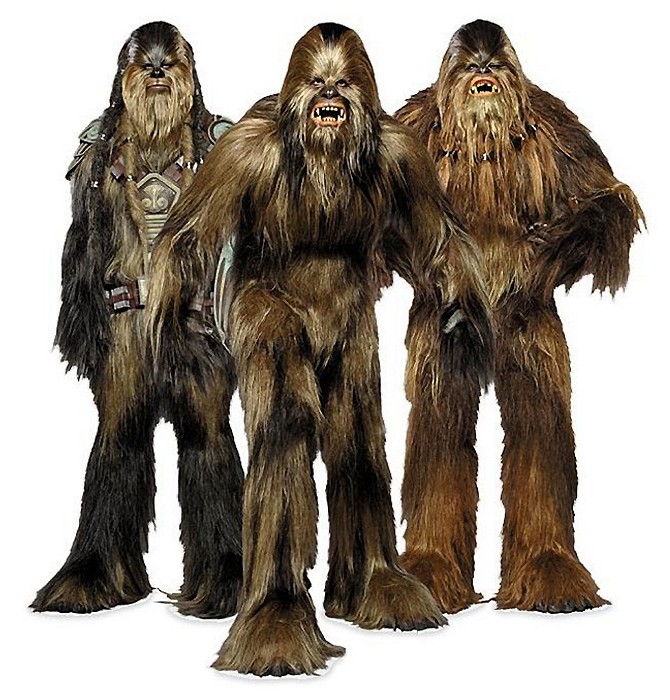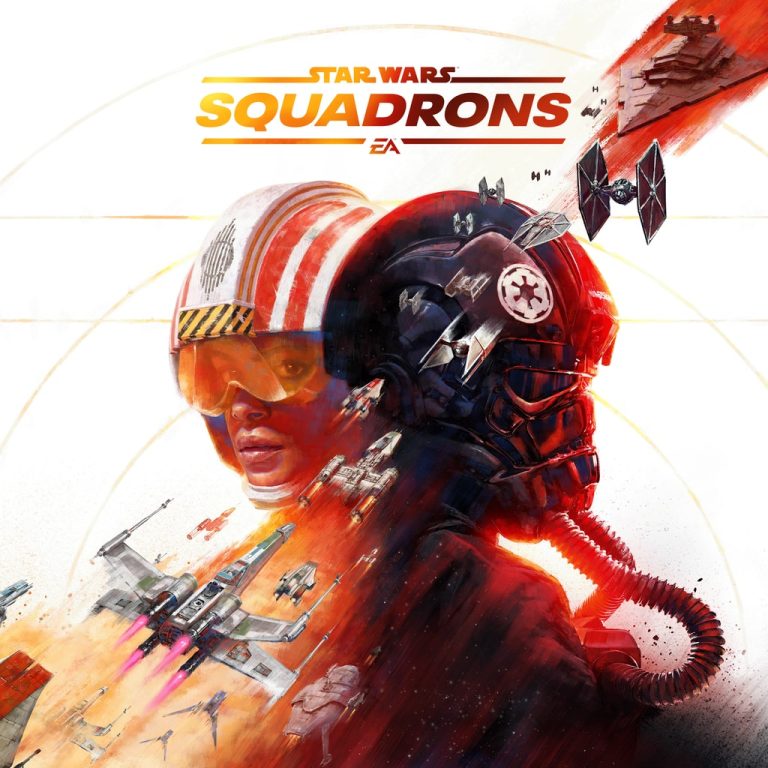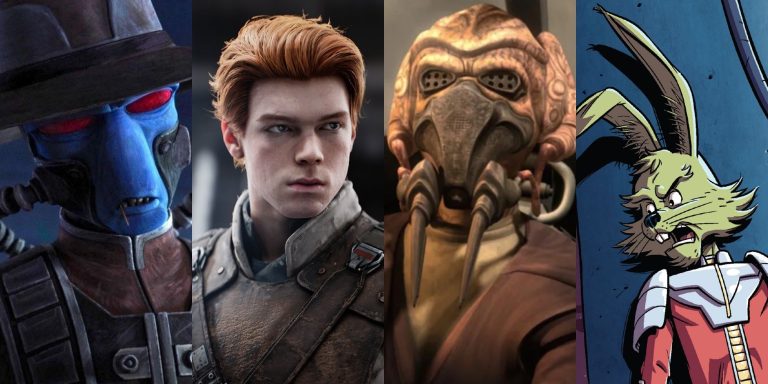Are The Star Wars Movies Influenced By Other Works Of Science Fiction?
If you’ve ever watched the Star Wars movies and thought to yourself, “Hmm, this feels familiar,” you’re not alone. The Star Wars franchise, beloved by fans across the galaxy, is undeniably influenced by other works of science fiction. From the epic space battles to the diverse alien species, there are clear nods to the genre that came before it. So, are the Star Wars movies influenced by other works of science fiction? Let’s dive into the galaxy far, far away and explore the impact of sci-fi on this iconic series.
When George Lucas created Star Wars, he drew inspiration from a wide range of sources. One of the most notable influences is the “space opera” subgenre of science fiction, which includes works like Frank Herbert’s Dune and Isaac Asimov’s Foundation series. Lucas was captivated by the epic scope and grandeur of these stories, and he wanted to create something similar. By combining elements of fantasy and science fiction, he crafted a universe that felt both familiar and unique. Additionally, Star Wars pays homage to classic films like Akira Kurosawa’s samurai epics and the swashbuckling adventures of Errol Flynn. These influences can be seen in the heroic journey of Luke Skywalker, the wise mentor figure of Obi-Wan Kenobi, and the thrilling lightsaber duels that have become synonymous with the franchise.
In conclusion, the Star Wars movies are undeniably influenced by other works of science fiction. George Lucas drew inspiration from various sources, including space operas, classic films, and even mythology. By blending these influences together, he created a universe that captured the imaginations of millions of fans worldwide. So, the next time you watch a Star Wars film, keep an eye out for these nods to the science fiction that came before. May the Force be with you as you explore the interconnectedness of the galaxy’s greatest adventures.
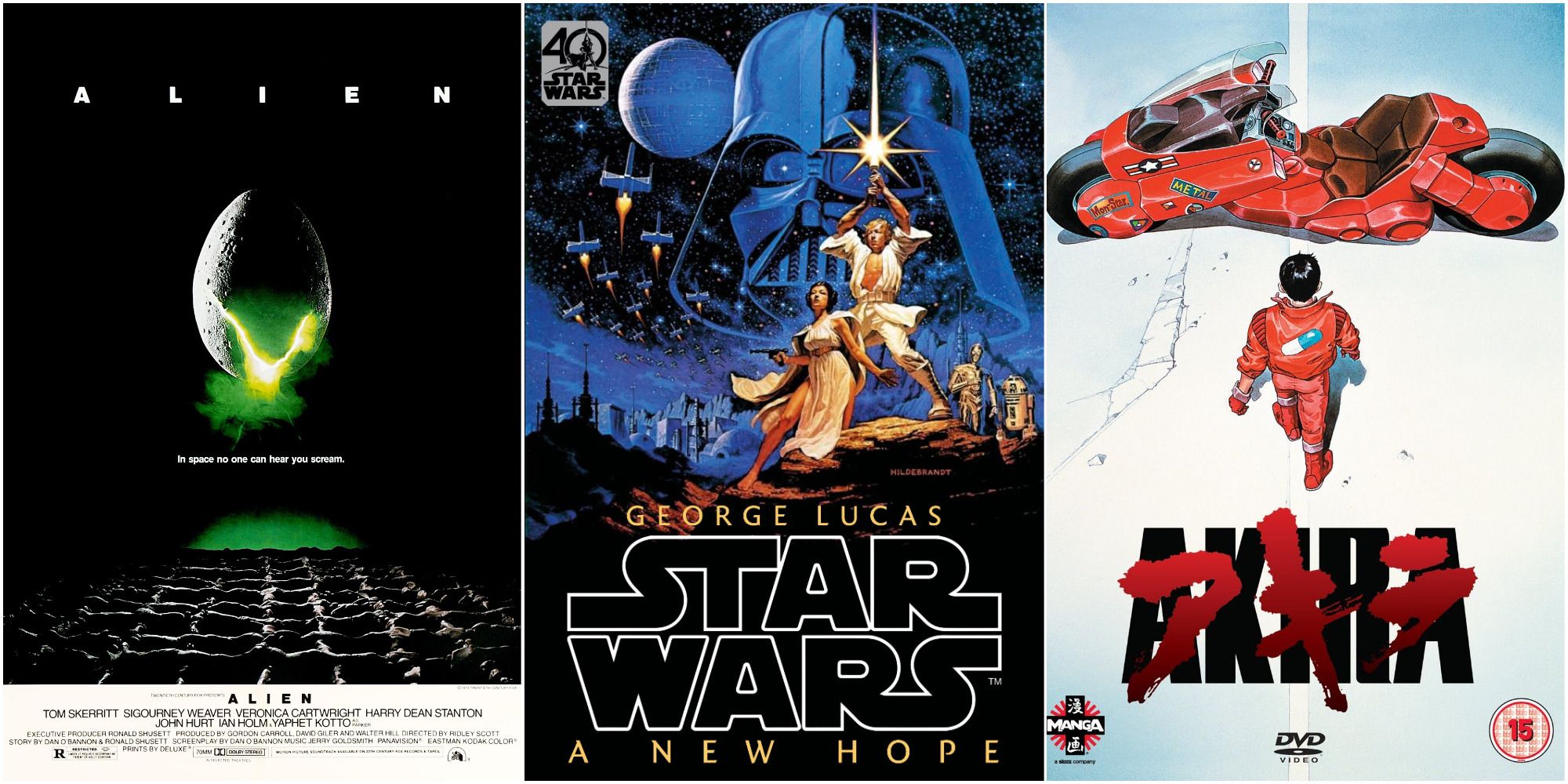
Are the Star Wars Movies Influenced by Other Works of Science Fiction?
Star Wars is one of the most beloved and iconic film franchises of all time, captivating audiences with its epic space opera storyline, memorable characters, and groundbreaking special effects. But did you know that the Star Wars movies were heavily influenced by other works of science fiction? George Lucas, the creator of Star Wars, drew inspiration from a wide range of sources, both classic and contemporary, to shape the galaxy far, far away that we know and love today. In this article, we will explore the various influences on the Star Wars movies and how they have contributed to the franchise’s enduring popularity.
The Influence of Classic Science Fiction
In order to fully understand the influences on the Star Wars movies, we must first look to the classics of science fiction literature. George Lucas was an avid reader and drew inspiration from authors such as Isaac Asimov, Arthur C. Clarke, and Robert A. Heinlein. These authors explored themes of space exploration, advanced technology, and the nature of humanity’s future in their works, which undoubtedly had an impact on Lucas’s vision for the Star Wars universe.
One of the most notable influences from classic science fiction is the concept of a galactic empire, which can be traced back to Isaac Asimov’s Foundation series. In Asimov’s novels, a vast empire spans the galaxy, much like the Galactic Empire in Star Wars. Additionally, Asimov’s exploration of psychohistory, a fictional science that predicts the future behavior of large populations, may have influenced Lucas’s portrayal of the Jedi and their ability to see into the future.
The Impact of Flash Gordon and Akira Kurosawa
Beyond the realm of literature, the Star Wars movies were also heavily influenced by other forms of visual media. One of the key inspirations for George Lucas was the Flash Gordon serials of the 1930s and 1940s. These serialized adventure films featured a hero battling against an evil empire and embarking on thrilling space adventures. Lucas drew upon the swashbuckling spirit of these serials and incorporated it into the character of Luke Skywalker, the farm boy turned Jedi Knight who battles against the oppressive rule of the Galactic Empire.
Another major influence on Star Wars was the films of acclaimed Japanese director Akira Kurosawa. Lucas has openly acknowledged the impact that Kurosawa’s samurai epics had on his storytelling style. The iconic duel between Darth Vader and Obi-Wan Kenobi in Star Wars: A New Hope, for example, draws inspiration from the intense sword fights depicted in Kurosawa’s films. The themes of honor, duty, and loyalty explored in Kurosawa’s works also find echoes in the Star Wars saga.
Overall, the Star Wars movies are a rich tapestry of influences from various works of science fiction and other forms of media. From classic literature to serialized adventure films and samurai epics, George Lucas drew upon a wide range of sources to create a universe that has captivated audiences for decades. The enduring appeal of Star Wars can be attributed, in part, to its ability to resonate with audiences who recognize and appreciate these influences. As we continue to explore the galaxy far, far away, it is clear that the impact of these works of science fiction will continue to be felt in the Star Wars universe.
Key Takeaways: Are the Star Wars movies influenced by other works of science fiction?
- Star Wars movies have been influenced by various works of science fiction.
- George Lucas, the creator of Star Wars, drew inspiration from classic sci-fi films like “Flash Gordon” and “The Hidden Fortress.”
- The concept of the Force in Star Wars is similar to the concept of telekinesis in other sci-fi works.
- The space opera genre, which Star Wars falls into, has been influenced by earlier sci-fi literature like “Dune” and “Foundation.”
- The iconic lightsaber in Star Wars has similarities to the laser swords in older sci-fi works.
Frequently Asked Questions
Are you curious about whether the Star Wars movies draw inspiration from other works of science fiction? Find out the answer to this question and more in the following FAQs.
1. What are some science fiction works that influenced Star Wars?
Star Wars has been influenced by a variety of science fiction works, both in literature and film. One of the most notable influences is the works of Japanese filmmaker Akira Kurosawa. George Lucas, the creator of Star Wars, has openly acknowledged the influence of Kurosawa’s films, such as “The Hidden Fortress” and “Seven Samurai,” on the storytelling and visual style of the Star Wars saga. Additionally, Lucas drew inspiration from classic science fiction literature, including the works of Isaac Asimov and Frank Herbert.
Furthermore, Star Wars incorporates elements of space opera, a subgenre of science fiction characterized by grand space adventures and epic conflicts. Space opera works like E.E. Smith’s “Lensman” series and Edgar Rice Burroughs’ “John Carter of Mars” stories have had a significant impact on the development of the Star Wars universe.
2. How did Star Wars revolutionize science fiction storytelling?
Star Wars revolutionized science fiction storytelling by introducing a blend of fantasy, mythology, and science fiction elements. Prior to Star Wars, science fiction films often focused on dystopian futures and advanced technology. However, Star Wars presented a more accessible and relatable universe, with relatable characters and a timeless story of good versus evil.
The success of Star Wars also paved the way for a new era of blockbuster science fiction films and influenced countless filmmakers. It demonstrated that science fiction could appeal to a wide audience and be commercially successful, opening the door for other iconic franchises like Star Trek and The Matrix.
3. How did Star Wars influence the science fiction genre as a whole?
Star Wars had a profound influence on the science fiction genre as a whole. It revitalized interest in space opera and expanded the possibilities of science fiction storytelling. The success of Star Wars inspired a wave of space-themed movies and television shows, as well as an abundance of merchandise and expanded universe content.
Furthermore, Star Wars introduced groundbreaking special effects and innovative world-building techniques, setting a new standard for visual effects in science fiction films. It also popularized the concept of a shared universe, with spin-off films, television series, books, and comics all contributing to the vast Star Wars mythology.
4. Are there any notable similarities between Star Wars and other science fiction works?
While Star Wars draws inspiration from various science fiction works, it also shares similarities with certain stories and themes. For example, the concept of a young hero on a quest to discover their true identity and fulfill their destiny can be seen in other science fiction works like “Dune” by Frank Herbert and “The Hero’s Journey” archetype popularized by Joseph Campbell.
Additionally, the conflict between the light side and the dark side of the Force in Star Wars bears resemblance to the struggle between good and evil found in many science fiction and fantasy stories, such as “The Lord of the Rings” by J.R.R. Tolkien and “Foundation” by Isaac Asimov.
5. How has Star Wars influenced popular culture beyond the science fiction genre?
Star Wars has had a significant impact on popular culture beyond the realm of science fiction. The franchise’s iconic characters, such as Darth Vader and Luke Skywalker, have become cultural icons and are instantly recognizable worldwide. Star Wars references and quotes have permeated everyday language and have become part of the collective consciousness.
Moreover, Star Wars has inspired countless parodies, fan creations, and homages in other forms of media, including television shows, movies, and music. It has also influenced the toy industry, with Star Wars action figures and merchandise becoming highly sought after collectibles.
The Movies That Influenced Star Wars
Final Summary: The Galactic Influences on Star Wars
After exploring the question of whether the Star Wars movies have been influenced by other works of science fiction, it is clear that the Force is strong with this franchise. While George Lucas drew inspiration from various sources, it is undeniable that science fiction literature and films played a significant role in shaping the galaxy far, far away.
From the swashbuckling adventures of Flash Gordon to the philosophical musings of Joseph Campbell’s “Hero’s Journey,” Star Wars weaves together a tapestry of influences that resonate with audiences across generations. The epic space opera genre owes a debt to the likes of Isaac Asimov and Frank Herbert, who laid the groundwork for the expansive universe-building that Star Wars embodies.
In conclusion, the Star Wars movies stand as a testament to the power of storytelling and the enduring impact of science fiction. By paying homage to its predecessors while forging its own path, the franchise has captured the imaginations of millions around the world. As we eagerly await future installments, we can rest assured that the Force will continue to be with us, guiding us through a galaxy filled with adventure, hope, and the eternal struggle between the light and the dark. May the Force be with you, always.


